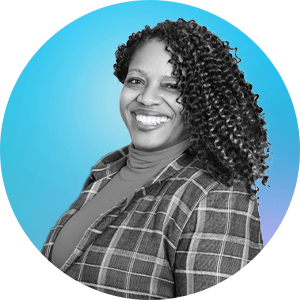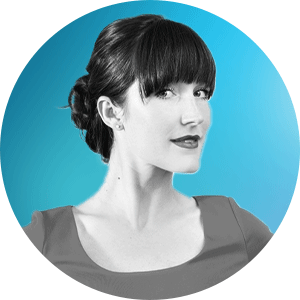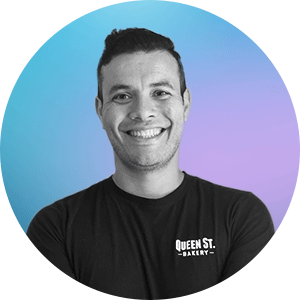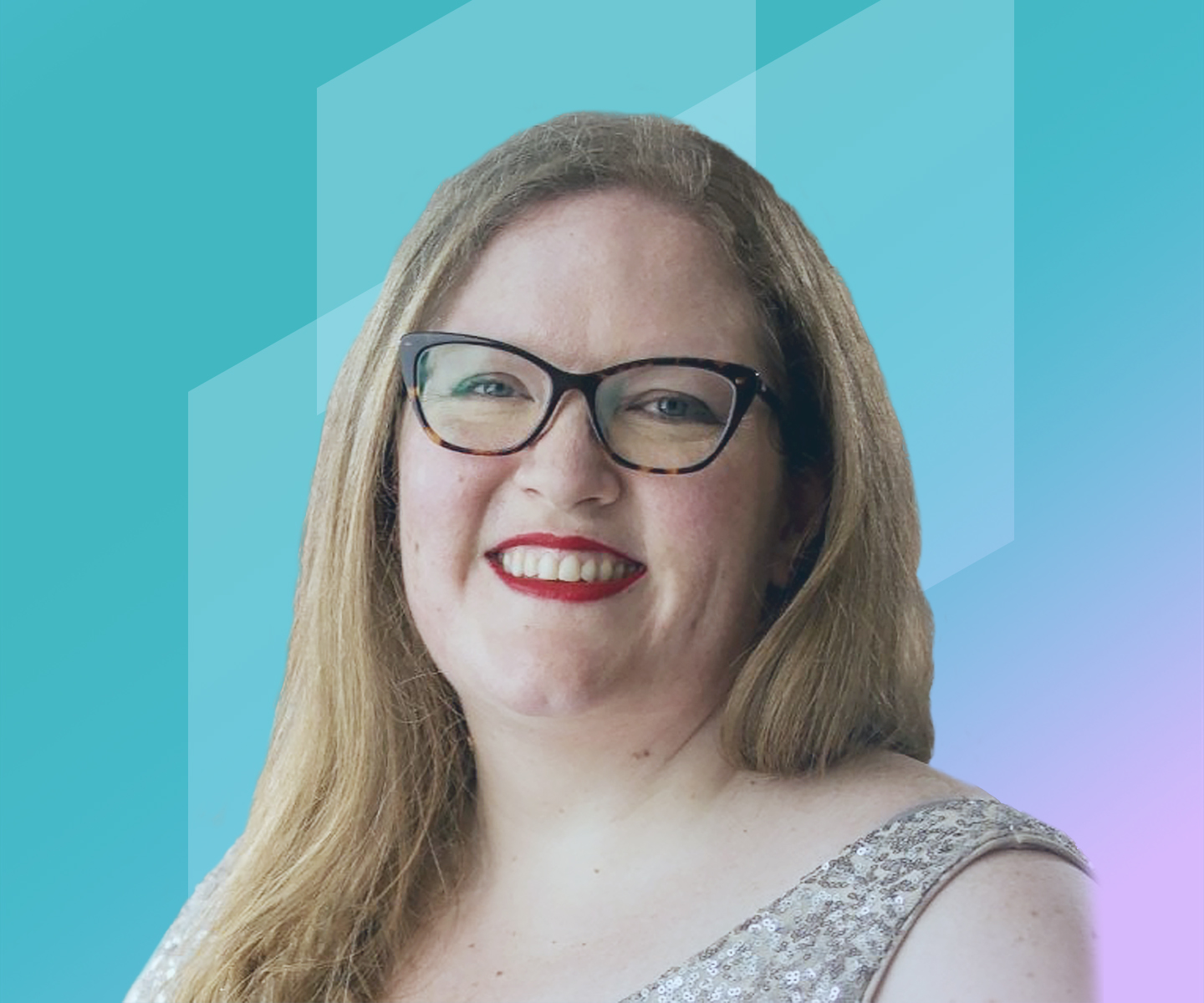It’s officially holiday season, so we decided it was time to survey Canadian finance professionals to see what’s on their wish list – both professionally and personally.
Dominic Piscopo, CPA
Dominic, is an analyst on the Finance Planning and Analysis team at Rewind. Trusted by over 100,000 companies worldwide, Rewind builds apps to help businesses protect their critical SaaS and cloud data. Dominic’s wish list iincludes a return to greater efficiency in Rewind’s marketing channels and better work-life balance for his team.

A short wishlist with great potential
It’s safe to say that 2022 was one for the books. Both personally and professionally, I’ve celebrated a number of accomplishments and even learned a lesson or two. With 2023 in near sight, topping my holiday wish list this year is a return to more efficient marketing channels.
Apple made some changes to their privacy policies earlier this year, which impacted how targeted ads work and their overall effectiveness. Many companies saw efficiencies suffer because of this – Rewind included. Combined with the economy shifting from a “growth at all cost” stage to an “efficient” stage, we have had to adjust our ad spend to meet efficiency metrics. This can often come at the cost of growth, so one thing I’m wishing for this year is being able to boost our ad spend while maintaining efficiency at the same time.
Second to this, I also want to see, and contribute to, a more consistent work-life balance for the accounting department. This is something that Float is currently helping us achieve. We’ve gone through some large implementations this year – one of them with Netsuite – to streamline and introduce greater efficiency for the team. Like many other companies, Rewind saw a small reduction in headcount this year given the current economic environment. Ideally, I would like every member of our team to reach a good balance where they can get their 40 hours in, while still being well-rested, productive, and not overworked. I know this will have a positive impact on the culture in our department.
Expense management can be really daunting, busy, and driven by rigid deadlines and tedious work. We’re hoping that once the full implementation of Float is complete, we’ll be closer to minimizing this burden and fulfilling my holiday wellness wish for the team.
My personal wish list:
- Alo Yoga gear for a comfortable return to office wardrobe to match the business goals of improving overall wellness
- Renew my Athletic Greens subscription to help support a healthy 2023
- New ice skates for winter activities to make the harsh Canadian winter more enjoyable
Kirsha Campbell, CPA, CMA
Kirsha Campbell, is a trusted consultant who helps CEOs, business owners, and entrepreneurs scale and increase their profits and cash flows through strategic financial systems. This year Kirsha wishes for greater automation tools to help her clients improve efficiency and profitability, along with a shift in policy from Canadian finance leaders.

Giving the gift of greater efficiency and time
One thread that connects all my clients is that they are extremely busy and pressed for time. For this reason, one of my holiday wishes is to implement powerful automation tools that optimize their financial workflows and business processes. This will allow them to eliminate menial tasks, save time, and drive greater efficiencies. Some key examples are introducing Dext to manage receipts and Quickbooks to organize transactions and analyze key metrics. I believe the right smart tools can help a business scale and grow exponentially, so I’m definitely going to prioritize this heading into the new year.
Given that my clients are in various industries – food and beverage, construction, health and education – my other holiday wish is to see a shift in financial policy. At the federal and provincial level, I want leaders to explore modifying current regulations to better support business owners and companies. For instance, I work with non-profit organizations who are not yet considered a “charity” despite operating like one. While these organizations don’t currently meet the criteria to officially register as a charity, I’m hoping to see some change to this policy in the near future. This will enable my clients and organizations alike to tap into the GST rebate benefit and more.
Finally, I also want to be able to support my clients in a more impactful way by offering a fully customized approach to improving their financial systems. Not only do I want to understand the current state of their business, but I also envision having deeper conversations about their goals, dreams, and expectations both over the short and long term.
My Personal Wish List
- Enjoy some rest and relaxation for myself and my two boys
- Provide food, clothes, and daily necessities to those who need it most
- Expand my collection of gym equipment and stay active
Regan McGrath, CPA, CA
Regan is the CEO and founder of Metrics, a professional chartered accounting firm serving clients across Canada. Established in 2014, Metrics was one of the first public accounting practices in Canada to be completely digital and is an expert in cryptocurrency. Aside from educating Canadian CPA’s on the future of commerce and accounting, Regan also has some wishes for the new year ahead.

The season of working smarter not harder
Nowadays, automation has really taken a lot of the manual work off our plates – especially when it comes to bookkeeping. For this reason, my holiday wish is to see everybody in public practice take on more high-end, strategic work and let smart automation tools handle the low-value work.
I’ve recently started to see a lot of accounting firms offer monthly subscriptions and packages for bookkeeping. However, with technology taking over, we no longer need to spend time and attention on these services. There’s a great US study called the Rosenberg survey that shows an increase in firms taking on more advisory work and less low-end compliance and bookkeeping jobs. This is the future of accounting and commerce and it’s my wish for all public practices to adopt this mindset and scale their business to offer more strategic, higher value services.
Another holiday wish is to see advancement in Canadian regulation on cryptocurrency and blockchain assets. I want us to be able to adopt them, rely on them, and fully understand the taxation of these assets. It’s a huge problem for our government because they don’t have the appropriate structures to audit and fully understand cryptocurrency.
My final holiday wish is for our industry to charge higher rates. If we look at the most successful companies – especially the Big Four – they aren’t struggling with how much they charge. There’s a big gap in the industry and I know this from engaging with various Canadian accountants. People are billing too low and sometimes it can be a challenge to charge higher and pitch advisory jobs that are more valuable. I would encourage accounting and finance leaders to be dramatic, know their worth, and double their rates. Even if you were to lose half of your clients, you would reduce your workload and still earn the same amount of money. This is something we’ve done at Metrics and it has enabled me to pay higher wages and created more opportunity to focus on higher value work. As a result, we love our jobs even more.
My Personal Wish List
- A speedy completion for my new home renovation
- To land a government consulting contract and write the tax laws for the metaverse
Tony Ayala
Tony is the President of Queen Street Bakery, a Toronto-based producer of premier gluten-free, dairy-free and nut-free breads and baked goods. Launched in 2018, Queen Street Bakery quickly grew from a local bakery into a nationally distributed grocery brand. With Tony at the helm leading the company and the finance department, he has a few holiday wishes he’s hoping will come true for 2023.

Getting to grips with food inflation for the holidays
When I think of my holiday wishlist, the first thing that comes to mind is food inflation. In Canada, food inflation has hit a high of 7.5% and continues to be a big concern in the food industry and within our company. It’s tough to see the price of food rise so much because wages aren’t increasing at the same pace. So, my main holiday wish is to see food inflation get under control so that Canadians can shop for basic necessities like milk, bread and eggs, without the stress of expensive prices.
At Queen Street Bakery, food insecurity has always been a key area of focus for us. Since we have our own production facility, each month we produce a little bit extra and donate 1,000 loaves of bread to the Salvation Army and other food insecurity organizations. Our staff loves to do it and we know how much of a difference it can make for families, especially during the holiday season.
When I put my FP&A hat on, I can tell you that I have a handful of holiday wishes. Our team recently transitioned to Xero, which is our third software migration since we started in 2018. As we continue to grow, I am constantly relooking at our systems and how we can automate more and drive greater efficiencies. However, transitioning to new systems always comes with a learning curve and my wish is that our team acclimates quickly to Xero and sees the value it brings to the business sooner rather than later.
My other wish is to eventually introduce corporate cards to our team. Right now, employees are using their personal credit cards and have to create expense reports, which can be stressful because they have to spend their own money and wait to be reimbursed. Bringing in corporate cards will alleviate a lot of this stress and streamline the expense management process for everyone in general. As we grow and scale at Queen Street Bakery, this is definitely high on my wish list.
My personal wish list
- A SMEG toaster
- Queen Street Bakery Merch! Branded aprons and cutting boards to fuel the baker in me



